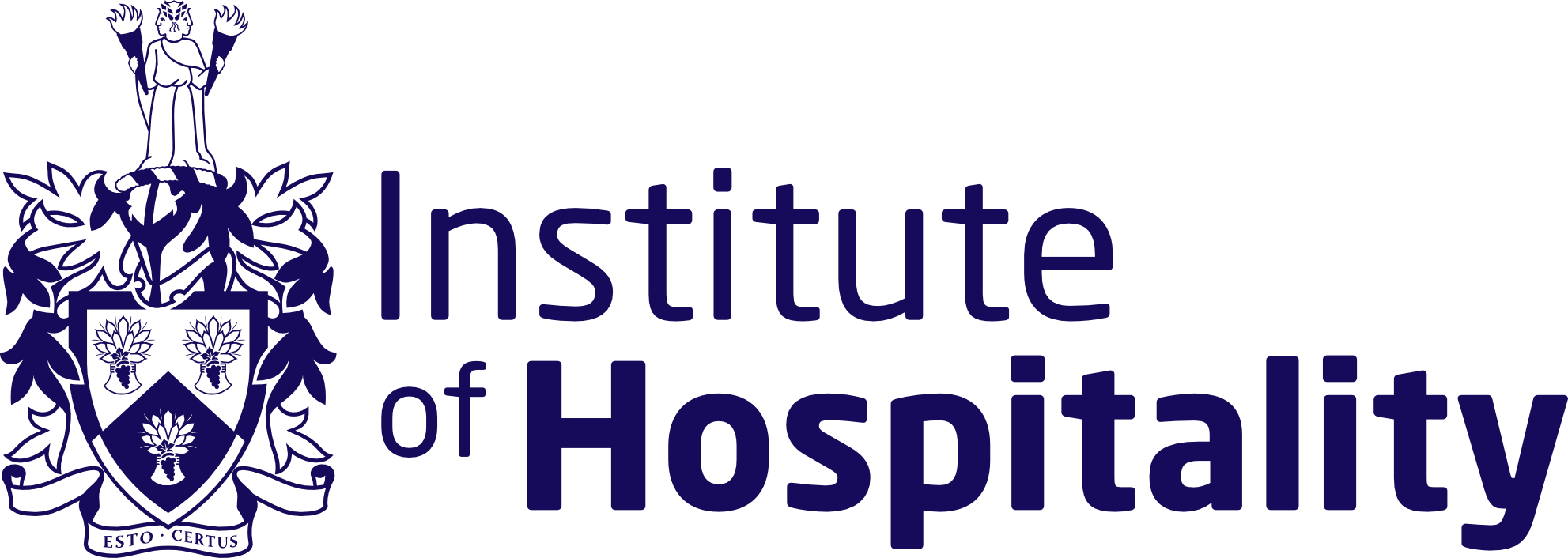|
The 8F Framework |
The challenges student-workers face |
What this worker group needs |
Benefits for employers |
Benefits for student-workers |
|---|---|---|---|---|
|
Finance: Providing stability of income within flexibility. |
The ways in which shifts are sometimes allocated can result in students being unable to plan ahead and can cause income insecurity and anxiety. |
Students seek greater stability of income within flexibility. |
Improved staff retention and satisfaction. |
You will enable them to experience less income instability which will help them plan their spending better and reduce anxiety around financial pressures. |
|
Flexibility: Scheduling shifts collaboratively |
Students can find themselves unable to shape their schedule, which can impact their commitment to both work and their studies. |
To the extent that business needs allow, students would like to be more included in shift allocation. |
Student-workers become more committed to the employer. Employers can then benefit from improved staff retention (reduced stress for student-workers). |
You will enable these young workers to more effectively combine work and study, and some of the detrimental impacts on their university performance can be alleviated. |
|
Fundamentals: Getting the basics right |
Students can struggle with doing their job well when they received limited formal training. |
Students desire more meaningful training opportunities and detailed induction. |
Better trained staff, improved staff morale and improved customer service. |
Increased confidence and improved skills. |
|
Fairness: Ensuring equity in work relations |
Even though many student-workers have several years of experience in the sector, some feel their employers perceive them as transient and that they are treated or rewarded differently to other staff. |
Students would like to be recognised as valued workers whose contributions are appreciated and are renumerated according to experience. |
Improved image of the sector and better student-worker retention. |
Improved self-esteem through greater employer appreciation. |
|
Fear-Free: Ensuring safety at work |
Student-workers can be particularly vulnerable to harassment. As young workers, they can feel that they do not quite get the level of support from employers they need to feel comfortable and perform their roles well. |
Student-workers would benefit from more training on how to manage difficult situations at work and from employers bringing in clear processes for managing harassment that can happen in the workplace. |
Safer workplaces, happier workers and better experiences at work. |
Improved wellbeing from feeling safer at work. |
|
Freedom: Encouraging student voice at work |
Student-workers report having limited outlets to share their perspectives. |
An outlet for worker voice and for employers to take students' perspectives more into consideration. |
Better student-worker retention and job satisfaction. |
Increased confidence and greater engagement at work. |
|
Friendships: Making students feel part of the team |
Student-workers can struggle to feel part of the team. This can lead to them taking a more instrumental approach to work and showing limited commitment. |
The social aspect of work, in particular interactions at work with managers and co-workers, is very influential for young workers and shapes their sense of belonging to their employer. |
Enhanced workplace culture and improved staff retention. |
Enhanced feelings of belonging and enhanced work relations. |
|
Future: Developing future workers and citizens |
Student-workers feel their employers do not always see them as potential future workers to be developed and invested in. |
Students are interested in development and promotion opportunities. |
More positive image and perception of the industry, creation of a better skilled and committed workforce, and increased student-worker retention. |
Better work identity development as well as personal and professional development. More meaningful relations with employer that go beyond the transactional. Overall, a more positive experience of socialising into the world of work. |
The 8F Framework
The 8 F Framework of Good Principles in Student Employment is a worker-centred pathway to change which has been developed following research conducted among student-workers.
Research findings identified the key challenges faced by student-workers. They also revealed the specific needs of students relating to flexibility and security when balancing the demands of both work and study.






